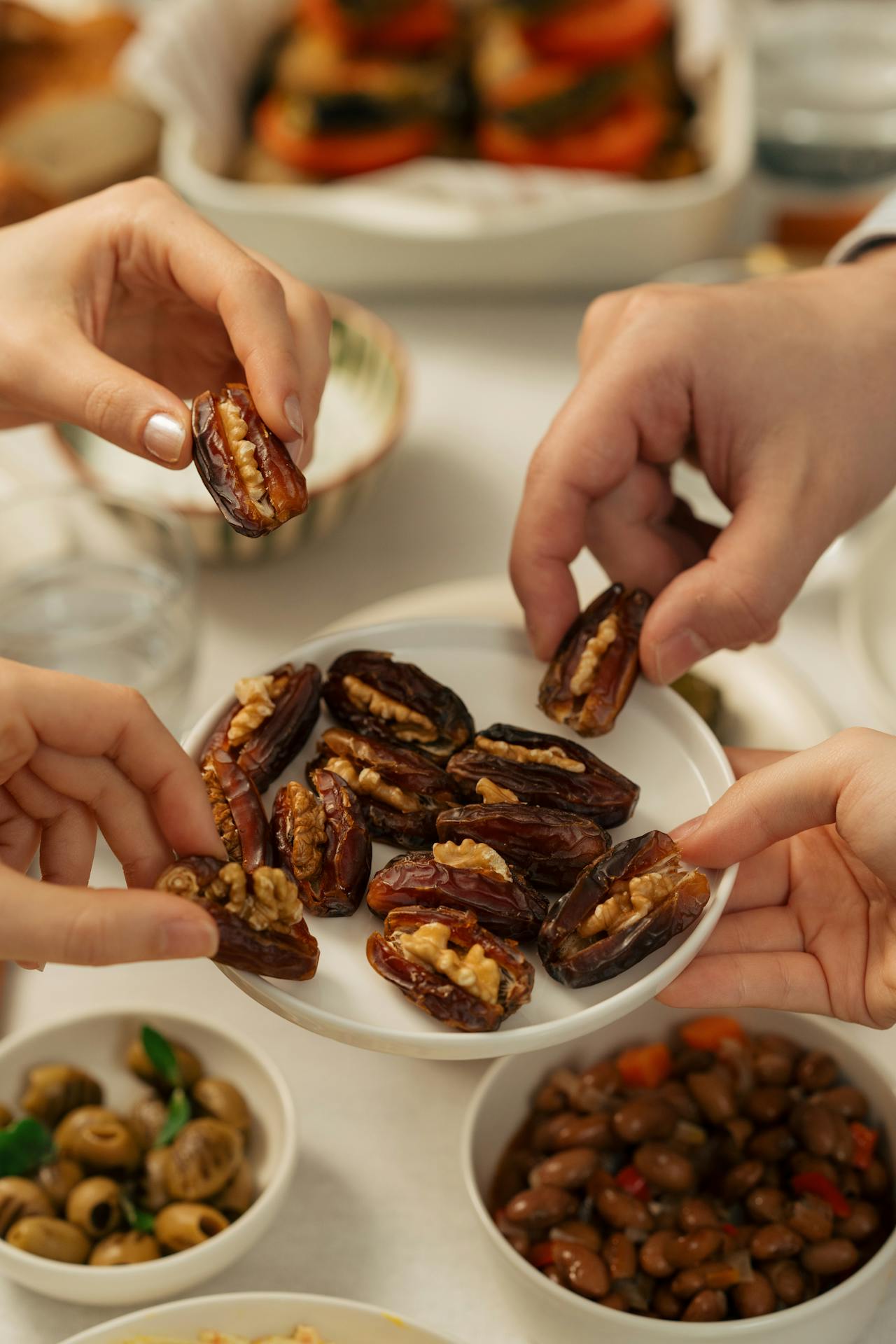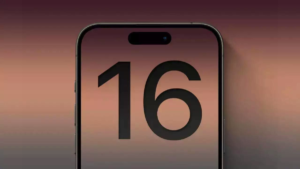

What is Ramadan:
Ramadan is the holy month in Islam. It is the month of fasting. Ramadan is the ninth month according to the Muslim calendar. Islam has five pillars, and Ramadan is also one of the pillars of Islam. It is most widely understood to mean the duty to abstain from all immoral action, including dirty or cruel thoughts, between the hours of dawn and nightfall, including food, drink, and sexual activity. Therefore, just as eating or drinking can ruin a fast, so can lying, doing terrible things, or having poor intentions.
After sunset prayer, Muslims come together and break the fast which is called “iftar”.The month of Ramadan marks the revelation of the Quran to humanity, providing unambiguous guidance and the benchmark for determining what is right and wrong. Thus, anyone in attendance this month is welcome to fast.
When is Ramadan 2024?
This year 2024, The holy month is scheduled to start on Monday, March 11, and end on Tuesday, April 9. Ramadan is observed according to the lunar cycle and is contingent upon seeing a crescent moon at the beginning and conclusion of the month. Usually, the fasting phase lasts for 29–30 days. Undoubtedly, blessings, mercy, and forgiveness abound during the month of Ramadan. This is the ideal time for all Muslims to thank Allah for his blessings, ask for forgiveness, and seek salvation from the Hellfire.
How long is your Ramadan fast?
From the beginning of Ramadan until the celebration of Eid al-Fitr, people observe fasts. Depending on when the crescent moon is cited, this might be anywhere between 29 and 30 days from now.
How many Ashra in Ramadan?
- The first section illustrates Allah's mercy (Rehmah). The "days of mercy" refers to the first Ashra. Muslims should ask Allah (SWT) for mercy and give Him honor during these ten days.
- The second section depicts Allah's forgiveness (Maghfirah).
- The third section echoes Nijat's Safety from Hell. The "days of mercy" refers to the first Ashra. Muslims should ask Allah (SWT) for mercy and give Him honor during these ten days.
Names of three Ashras
- Rehmat, the first, means “Mercy of Allah,”
- Maghfirah, the second, means “Forgiveness of Allah,”
- Najat, the third, means “Salvation.”
The first Ashra (Mercy) of Ramadan
First, the Days of Mercy are the first ten days of Ramadan. These days, every Muslim needs to ask for Allah’s mercy. Muslims typically repeat a specific verse during the first ten days of Ramadan. The first Ashra’s dua is translated as follows: “O! My Lord, pardon and have mercy; You are the Most Merciful.” The first Ashra’s goal is to practice charity, the deed that Allah loves best, which is kindness towards other living things. Resolve your anger to show respect for other Muslims.
Ramadan's Second Ashra (Forgiveness)
The next 10 days are called the Second Ashra of Ramadan, a period for forgiveness. These are the days of forgiveness, and it is the duty of a Muslim to turn to Allah Ta’ala and confess his transgressions. Muslims typically recite a specific scripture during the course of the following ten days. The second Ashra’s dua is translated as follows: “I turn towards Allah, my Lord, and ask Him to pardon my sins.”
The third Ramadan Ashra (Nijat)
Depending on the moon, the third Ashra of Ramadan begins on the 21st and concludes on the 29th or 30th. Nijat, or Safety from the Hell, is the name given to the Third Ashra. The goal of Ramadan is to seek refuge from Hellfire in Allah Almighty. For Hellfire’s safety, prayer is a required for all Muslims. The Last Ashra is the best and most significant. Lailatul Qadar also falls in this Ashra, which is preferable to the nights of a thousand months.In addition, a lot of Muslims strive to maximise their prayers and observe Aitkaf. Regarding Lailatul Qadar, Allah Ta’ala said in the Holy Quran:
“We sent it down on a blessed Night.” Indeed, we always give caution. All matters of ordainment are determined therein (that night). Amran (that is, a directive from Us, this Quran, or His Decree of all things). It is true that We are sending the Messenger as a mercy from your Lord at all times. (Quran 44: 3–6)
The Eid al-Fitr
Following the month of Ramadan, there is a significant festival known as Eid al-Fitr or the “Festival of Breaking the Fast.” Eid al-Fitr doesn’t start until the moon is seen, which should happen before or on April 9. It’s a happy time to get together with loved ones, share smiles, and give gifts to the kids. For information on dates and any nearby community events, get in touch with your neighborhood mosque. One of the two most important holidays in Islam’s Hijri calendar, which uses a lunar calendar with twelve months, is Eid al-Fitr. The ninth month of the Hijri calendar, Ramadan comes to a close on Eid al-Fitr, and the tenth month, Shawwal, begins on the same day.
Eid al-Fitr Zakat
You can give Muslim Aid your Zakat al-Fitr for about £5 per person. Your contribution will enable our team to purchase and serve a healthy dinner to a person experiencing poverty. This Ramadan, please consider making a generous donation to support Muslim Aid’s work helping underprivileged people and communities worldwide.
Popular News


The Story of Black Friday 2024









